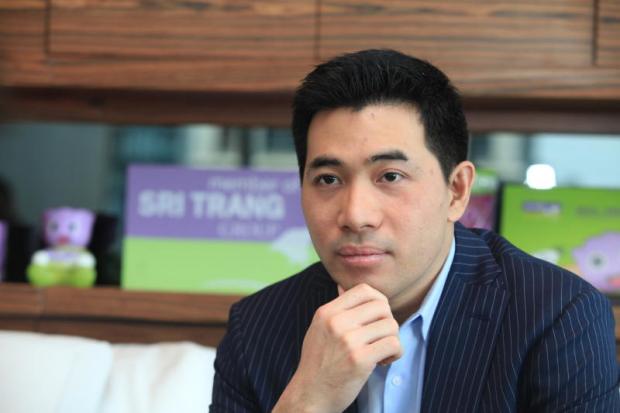
Sri Trang Agro-Industry, the world's largest natural rubber firm, plans to drastically boost production of medical gloves to capitalise on falling rubber prices.
This year Sri Trang will acquire an existing glove factory in Thailand, while also building two new factories set to be complete in 2020. The company has four glove factories and 36 natural rubber processing plants.
Sri Trang plans to produce 21 billion gloves, up from 16 billion in 2018. By 2020 they hope to make 30 billion gloves.
"Ageing populations and an emerging middle class in developing nations will mean more people are using medical services and demand for medical gloves will rise," said Veerasith Sinchareonkul, executive director of Sri Trang. "Our main focus is on China, India and South America."
He expects demand for gloves to grow for at least the next 15 years. Demand for medical gloves grew 7% over 2018-19.
The price of rubber has dropped 50% in the past two years due to oversupply from farms in Thailand, Malaysia and Indonesia. Prices have fallen every year for the past six, except in 2016.
Low prices make exporting raw natural rubber less lucrative, so the company is upping production of gloves to offset this risk. Revenue is comprised of 80% from natural rubber and 20% from medical gloves, figures the company wants to make more or less even over the next 5-10 years.
"We have a lot of experience managing a market with falling prices," Mr Veerasith said. "As raw material prices are lower, factories have lower costs to produce gloves. If the price keeps going down we can keep the glove price the same for awhile."
China has imported less rubber for car tyres. A Chinese economic slowdown and its trade war with the US has caused some Chinese tyre factories to slow down production or leave the country to avoid US trade restrictions.
Despite this, Sri Trang expects to sell the same amount of natural rubber in 2019, an estimated 1.3-1.4 million tonnes.
Apart from boosting glove production, Sri Trang has no plans to further diversify products or expand into different business sectors.
Mr Veerasith acknowledged the greatest challenges Sri Trang faces this year are from a strong baht, as their business is 90% exports, the possibility of an economic slowdown and the uncertainty of changes in government policy after the election. The company also hopes the Bank of Thailand keeps interest rates low in order to have easier access to credit.
"Whether under this government or the next one, we have to make sure they have the right policies," he said.
"For instance, we need a clear policy on how to set up factories in terms of privileges and investments, good trade relations with other countries and subsidies for exports."